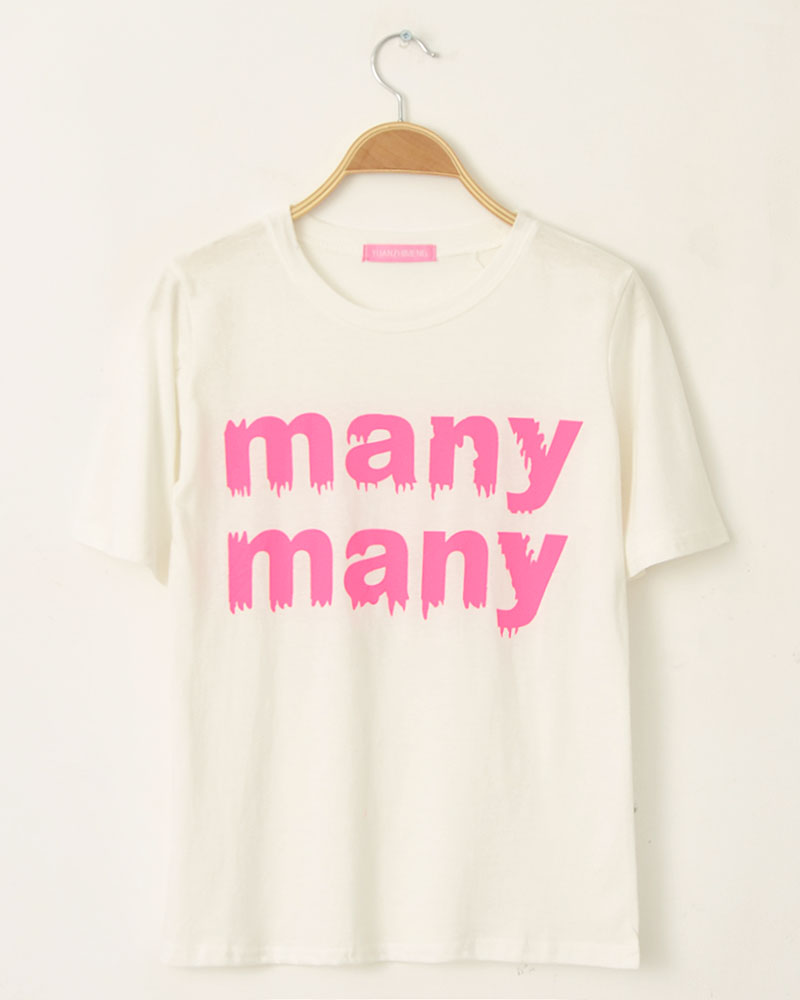| 正面 | 100.many 英 ['menɪ]美 ['mɛni]     |
|---|---|
| 背面 |      释义: 1. give => gift.2. thrive => thrift.3. 谐音“给物”。pron. 许多;许多人adj. 许多的n. (Many)人名;(法)马尼 例句: 1. The world breaks everyone, and afterward, many are stronger at the broken places.生活总是让我们遍体鳞伤,但到后来,那些受伤的地方会变得更坚强。 many 许多来自古英语manig,许多,来自Proto-Germanic*managaz,来自PIE*menegh,大量的,可能来自PIE*mo,辛劳,努力,劳作,词源同mole,more,most. manymany: [OE] Many goes back ultimately to Indo- European *monogho-, *menogho-, which also produced Russian mnogij ‘many’ and Welsh mynych ‘often’. From it was descended prehistoric Germanic *managaz, *manigaz, which have differentiated into German manch, Dutch menig, Swedish många, Danish mange, and English many. The pronunciation /meni/ dates from the 13th century; it perhaps arose from association with the unrelated any. The derived manifold [OE] preserves the original pronunciation.=> manifoldmany (adj.)Old English monig, manig "many, many a, much," from Proto-Germanic *managaz (cognates: Old Saxon manag, Swedish mången, Old Frisian manich, Dutch menig, Old High German manag, German manch, Gothic manags), from PIE *menegh- "copious" (cognates: Old Church Slavonic munogu "much, many," Old Irish menicc, Welsh mynych "frequent," Old Irish magham "gift"). Pronunciation altered by influence of any (see manifold).many (n.)Old English menigu, from many (adj.). The many "the multitude" attested from 1520s. Compare also Gothic managei "multitude, crowd," Old High German managi "large number, plurality," German Menge "multitude."" |